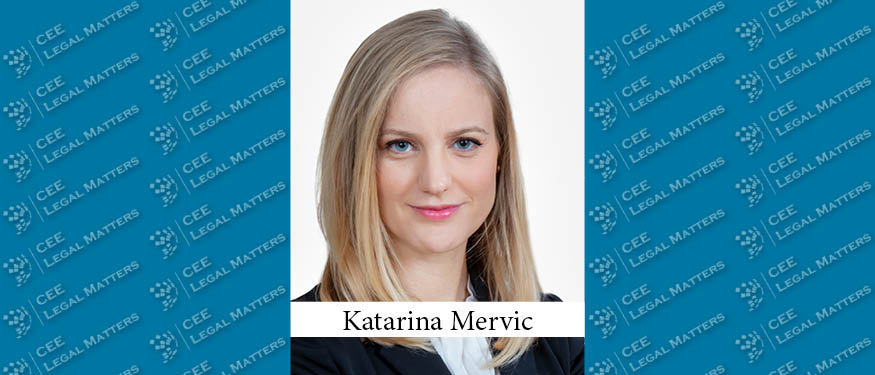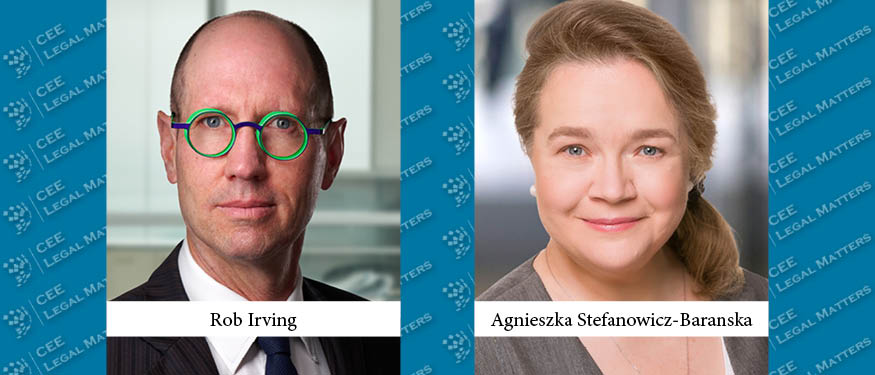This article provides a brief review of the case law regarding the abuse of a position or trust in the business activity of a single-member limited liability company (LLC) in Slovenia, which is incriminated under Article 240 of the Criminal Code of the Republic of Slovenia (CC).
Abuse of a position or trust in a business activity is committed by a person who, in the performance of economic activity, abuses their position or the trust placed in them and thus harms the company.
A single-member LLC has a sole member, who, therefore, independently dictates the actions of the company. Indeed, it is common that the sole member is also the company’s director. The question arises whether, by harming a single-member LLC’s assets, the sole member – who is also the director of the company – can commit an abuse of position or trust.
Prior case law was clear that it was not possible to carry out abuse of position or trust in a single-member LLC whose member is also its director. In its early decision dated May 24, 2007, I Ips 141/2006, the Supreme Court of the Republic of Slovenia (SC RS) stated that one of the reasons that can influence the existence of a criminal offense is the consent of members to a legal transaction. If the member and the director are the same person, consent exists. The court also noted that it is not possible to talk about damage to someone else’s property (e.g., company property) if the sole member is also the director of the company.
In its decision dated December 13, 2007, I Ips 266/2007, the SC RS wrote that the perpetrator and the injured party cannot be the same person. Therefore, there cannot be harm to another person’s property as a basis for the existence of the abuse of position or trust in single-member LLCs whose member is also the director. It can be understood from the decision that criminal offenses in single-member LLCs can only be committed externally, against creditors, and not internally, against the perpetrator themselves.
In the decision dated May 19, 2011, I Ips 85/2009, the SC RS set a slightly different starting point. It stated that the assets of the members are separate from the assets of the company. However, it is not adequate to consider an abuse of position or trust in relation to the company, if the company, by its will, expressed through its highest management body (director), allows the reduction of its assets.
The SC RS’s position dramatically shifted with the decision dated March 23, 2017, I Ips 35999/2015, in which the SC RS stated that the abuse of position or trust is indeed possible in a single-member LLC whose member is also its director. For the first time, the SC RS explicitly stated that the property of a single-member LLC is someone else’s property, not only externally, but also in relation to its sole member. The director is required to conduct business conscientiously and honestly and to pursue the interests of the company, which is an independent (legal) entity whose property is separate from the property of its members and is intended for the performance of economic activity. Thus, the SC RS concluded that an individual who – contrary to the law and the interests of the LLC – disposed of the company’s assets to the detriment of the company and, thereby, took advantage of their position and obtained a material benefit for another person, harmed the company itself and, therefore, met all the elements of the criminal offense of abuse of position or trust.
The latest position of the SC RS may excessively interfere with private property rights. Specifically, the sole member establishes a single-member LLC for the realization of his own private economic interests. Such a company’s establishment, operation, and liquidation are entirely within the sole member’s direction and any residual interest reverts to that member upon liquidation. Therefore, it is difficult to agree that the property of a single-member LLC is someone else’s property in relation to its sole member.
The principle of separation of the company’s property from the member’s property serves the function of protecting creditors or other beneficiaries of the company’s property – and not the member themselves – and acts that harm creditors or other beneficiaries are subjects of other criminal offenses (for example, defrauding of creditors, under Article 227 of the CC), not those under Article 240 of the CC.
By Katarina Mervic, Partner, Senica
This article was originally published in Issue 9.12 of the CEE Legal Matters Magazine. If you would like to receive a hard copy of the magazine, you can subscribe here.






















